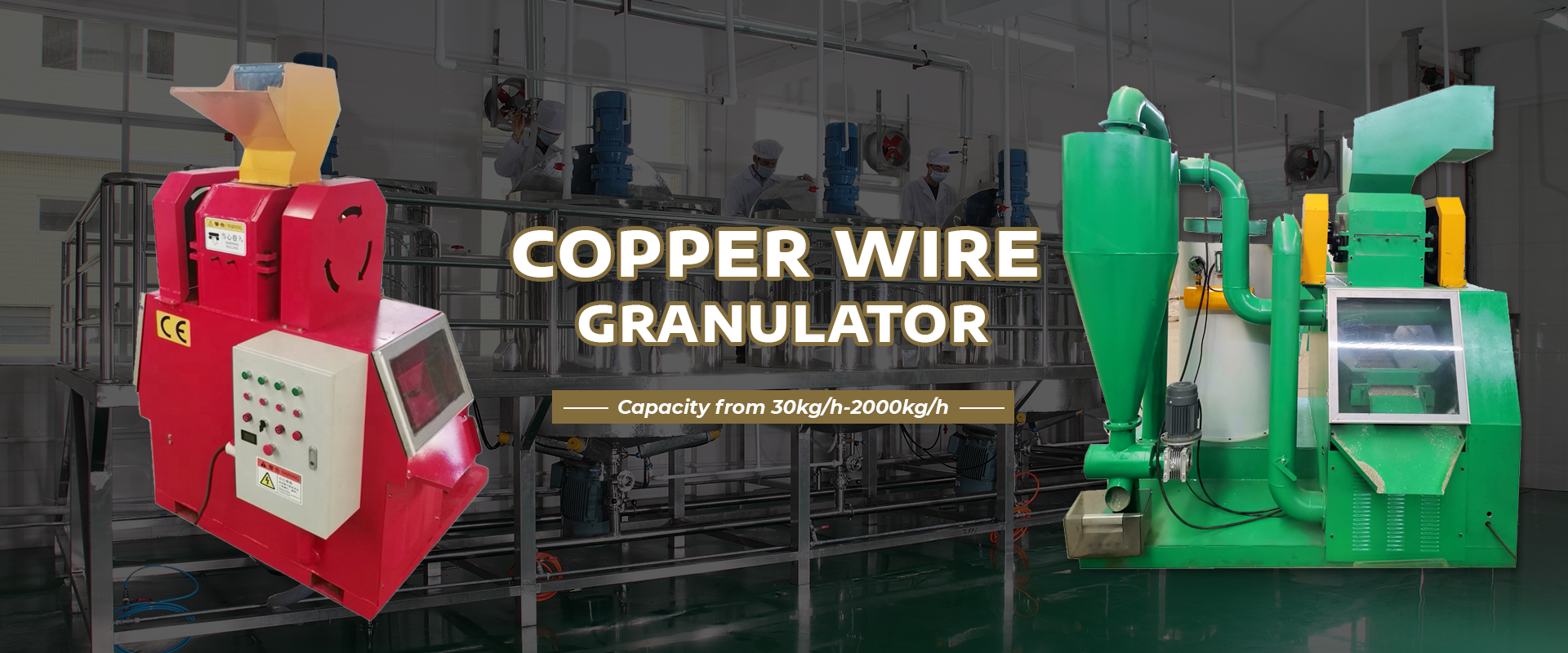

సెప్టెం . 07, 2024 04:11 Back to list
The Importance of Aluminum Can Recycling Plants
Aluminum cans are among the most recycled products globally, and their recycling is a critical factor in reducing environmental impact. Aluminum can recycling plants play a vital role in this process, serving as hubs for reclaiming and processing used aluminum cans into reusable materials. The significance of these facilities extends beyond mere recycling; they contribute to sustainability, energy conservation, and economic growth.
Environmental Impact
The environmental advantages of recycling aluminum are substantial. Producing new aluminum from raw materials is an energy-intensive process that requires vast amounts of electricity and natural resources. In contrast, recycling aluminum saves up to 95% of the energy needed to create new products from raw materials. By recycling just one aluminum can, enough energy can be saved to power a television for three hours. Aluminum can recycling plants help in the collection, sorting, and processing of used cans, significantly reducing the volume of waste sent to landfills and lowering greenhouse gas emissions.
Economic Benefits
The economic implications of aluminum recycling are equally compelling. Recycling plants create jobs and stimulate local economies. They require a workforce for various operations, including sorting, crushing, and melting aluminum. Additionally, aluminum recycling plants purchase used cans from consumers and businesses, providing financial incentives for recycling. According to industry reports, the aluminum recycling sector supports thousands of jobs across the country, contributing to a robust economy.
Moreover, the recycled aluminum can be sold at a lower cost than new aluminum derived from bauxite, providing savings for manufacturers. This cost-effectiveness can lead to lower prices for consumers, creating a win-win situation for both the economy and the environment.

Circular Economy
Aluminum recycling plants are integral to the concept of a circular economy, where products are reused, remanufactured, and recycled to minimize waste. By promoting the recycling of aluminum cans, these facilities help close the loop on the lifecycle of aluminum products. The cans that are recycled today can be back on store shelves as new products within weeks, demonstrating the efficiency and effectiveness of the recycling process.
Community Involvement
Education and community involvement are crucial for the success of aluminum recycling initiatives. Many recycling plants engage in outreach programs to educate the public about the benefits of recycling aluminum cans. They often organize campaigns and partnerships with local schools, businesses, and nonprofit organizations to encourage recycling practices. Such efforts not only boost recycling rates but also foster a sense of responsibility toward environmental stewardship within communities.
Conclusion
In conclusion, aluminum can recycling plants are essential to achieving a sustainable future. By effectively processing used aluminum cans, these facilities save energy, reduce waste, and stimulate economic growth. As communities and industries continue to recognize the importance of recycling, aluminum can recycling plants will remain at the forefront of efforts to create a more sustainable and economically viable world. The collective effort to recycle aluminum is a step toward preserving our planet for future generations.
Latest news
Troubleshooting Common Eddy Separator Problems
NewsJul.04,2025
The Role of Metal Recycling Plants in Circular Economy
NewsJul.04,2025
The Impact of Recycling Line Pickers on Waste Management Costs
NewsJul.04,2025
Safety Features Every Metal Shredder Should Have
NewsJul.04,2025
How Industrial Shredders Improve Waste Management Systems
NewsJul.04,2025
How Cable Granulators Contribute to Sustainable Recycling
NewsJul.04,2025